My blog is on holiday until Tuesday, January 6, 2026. We are planning to finish…
Australian inflation rate falling rapidly
Today (August 28, 2024), the Australian Bureau of Statistics (ABS) released the latest – Monthly Consumer Price Index Indicator – for July 2024, which showed that the annual inflation rate has fallen from 3.8 per cent in June to 3.5 per cent in July, a significant decline which continues the downward trend. That trend has been interrupted over the last few years by transitory factors like weather events but it is clear there is not an excessive spending situation present in the Australian economy, which should end all talk of even more aggressive monetary policy (within the mainstream logic). The monthly inflation rate was zero in July even if we look at the All Groups CPI excluding volatile items (which are items that fluctuate up and down regularly due to natural disasters, sudden events like OPEC price hikes, etc). The general conclusion is that the global factors that drove the inflationary pressures are resolving and that the outlook for inflation is for continued decline. There is also evidence that the RBA has caused some of the persistence in the inflation rate through the impact of the interest rate hikes on business costs and rental accommodation.
The latest monthly ABS CPI data shows for July 2024 that the annual results are:
- The All groups CPI measure rose 3.5 per cent over the 12 months (down from 3.8 in June).
- Food and non-alcoholic beverages 3.8 per cent (from 3.3).
- Clothing and footwear 1.9 per cent (3.6).
- Housing 4.0 per cent (5.5). Rents (6.9 per cent cf. 7.1 per cent).
- Furnishings and household equipment -0.9 per cent (-1.1).
- Health 5.3 per cent (5.3).
- Transport 3.4 per cent (4.2).
- Communications 1.9 per cent (1.0).
- Recreation and culture 1.1 per cent (from 0.6).
- Education 5.6 per cent (5.6).
- Insurance and financial services steady at 6.4 per cent.
The ABS Media Release (August 28, 2024) – Monthly CPI indicator rose 3.5% in the year to July 2024 – noted that:
The monthly Consumer Price Index (CPI) indicator rose 3.5 per cent in the 12 months to July 2024, down from 3.8 per cent in June …
The most significant contributors to the annual rise were Housing (+4.0 per cent), Food and non-alcoholic beverages (+3.8 per cent), Alcohol and tobacco (+7.2 per cent), and Transport (+3.4 per cent) …
Housing rose 4.0 per cent in the 12 months to July, down from 5.5 per cent in June. Rents increased 6.9 per cent for the year to July, down from a rise of 7.1 per cent in the 12 months to June …
The lower increase in Housing for the year to July was primarily due to falls in prices for electricity. Electricity prices fell 5.1 per cent in the 12 months to July, down from a rise of 7.5 per cent in June. The introduction of new Commonwealth and State rebates drove the fall in July …
Altogether these rebates led to a 6.4 per cent fall in the month of July. Excluding the rebates, Electricity prices would have risen 0.9 per cent in July …
So a few observations:
1. It is now clear that the CPI Indicator is falling and the monthly change between June and July was zero.
2. If we look at the All Groups CPI excluding volatile items (which are items that fluctuate up and down regularly due to natural disasters, sudden events like OPEC price hikes, etc) then the monthly inflation rate was also zero per cent.
3. The rent inflation is partly due to the RBA’s own rate hikes as landlords in a tight housing market just pass on the higher borrowing costs – so the so-called inflation-fighting rate hikes are actually driving inflation.
6. The electricity component is significantly lower after the introduction of the federal and state government rebates offsetting the profit-gouging in the energy sector. Expansionary fiscal policy can be an effective tool in combatting inflation.
7. The main drivers of the current inflation situation are not demonstrating any sensitivity to the RBA’s interest rate changes.
The next graph shows the monthly rate of inflation which fluctuates in line with special events or adjustments (such as, seasonal natural disasters, annual indexing arrangements etc).
There is no hint from this data that the inflation rate is accelerating or needs any special policy attention..
The next graphs show the movements between December 2022 and July 2024 for the main components of the All Items CPI (the decimal numbers next to the component title is the weight of that component in the overall CPI where the sum is 100).
In general, most components are seeing dramatic reductions in price rises as noted above and the exceptions do not provide the RBA with any justification for further interest rate rises.
The next graph shows the movements in the housing component (with rents separated out from the new dwelling purchase by owner-occupiers.
The rent component has risen almost in sync with the RBA interest rate hikes and now the rate hikes have ended (for now), the rent inflation has levelled off.
The construction costs for new dwellings have been in retreat since early 2022 as the supply constraints arising from natural disasters (fire burning down forests), the pandemic (building supply disruptions), and the Ukraine situation have eased.
The ABS also published an interesting graph, which compares the electricity prices under the Federal government’s – Energy Bill Relief Fund – rebates which were introduced in July 2023 and what they would have been in the absence of that fiscal intervention.
The Relief Fund provided subsidies to households and small businesses depending on the locality.
For example, a Victorian household was given a rebate of $250.
The ABS report that without the rebates “Excluding the rebates, Electricity prices would have risen 0.9 per cent in July”.
Here is the impact of that simple and very modest scheme.
It demonstrates that targetted expansionary fiscal policy can indeed be anti-inflationary, which means that the spending-inflation nexus is never straightforward as the mainstream narratives might have you believe.
Book Event – Melbourne, September 12, 2024
Readings Bookshop in Melbourne is hosting an event – Bill Mitchell with Alan Kohler – which will be held at the Hawthorn Shop (687 Glenferrie Rd, Hawthorn, Victoria, 3122) on Thursday, September 12, starting at 18:30.
I will be there with ABC Finance personality Alan Kohler to discuss my new book (co-authored by Warren Mosler) – Modern Monetary Theory: Bill and Warren’s Excellent Adventure.
Copies of the book will be available at discount prices and my pen might come out if you want it signed.
Readings have increased the capacity for the event, after their usual audience size was oversubscribed.
The event is free but you need to book a ticket.
You can find more details and booking information – HERE.
Music – for travelling
Sometimes you need to really concentrate on a new album and play it several times to appreciate the nuances and subtlety of the performance by the artist(s) and the mastering by the producer.
Just such an album is – Voices – by the post minimalist composer – Max Richter.
It was released on July 31, 2020 and was “inspired by the Universal Declaration of Human Rights”.
This article (June 25, 2020) – Max Richter Announces New Album ‘Voices’ – provides some background about how the readings were organised and sourced.
The album has a voiced section (with various readings) and then the voiceless version of the music.
The full album uses what Max Richter refers to as a “negative orchestra” (“nearly all basses and cellos”).
At some stages in the album you think you hear a deep rumbling – one of the deepest sound the human ear can hear I suspect – and it is a very stark background to the negative orchestra.
The whole album is 56 minutes then repeats in voiceless mode.
My favourite track is Mercy with the solo violin played by – Mari Samuelson.
Here it is.
Here is a short video from Max Richter explaining the motivation of the album and its meaning.
He always has a very sound and progressive intent behind his music.
He commented on the album:
I like the idea of a piece of music as a place to think, and it is clear we all have some thinking to do at the moment. The Universal Declaration of Human Rights is something that offers us a way forward. Although it isn’t a perfect document, the declaration does represent an inspiring vision for the possibility of better and kinder world.
He goes further in this NPR interview (August 2, 2020) – Composer Max Richter On ‘Voices,’ A New Album That Envisions A Better World.
Here is a review of the album from British Gramophone – Richter Voices.
That is enough for today!
(c) Copyright 2024 William Mitchell. All Rights Reserved.
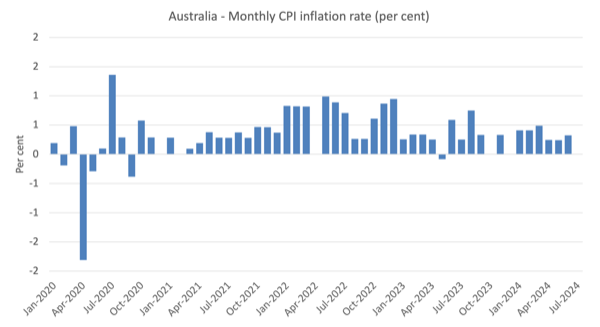
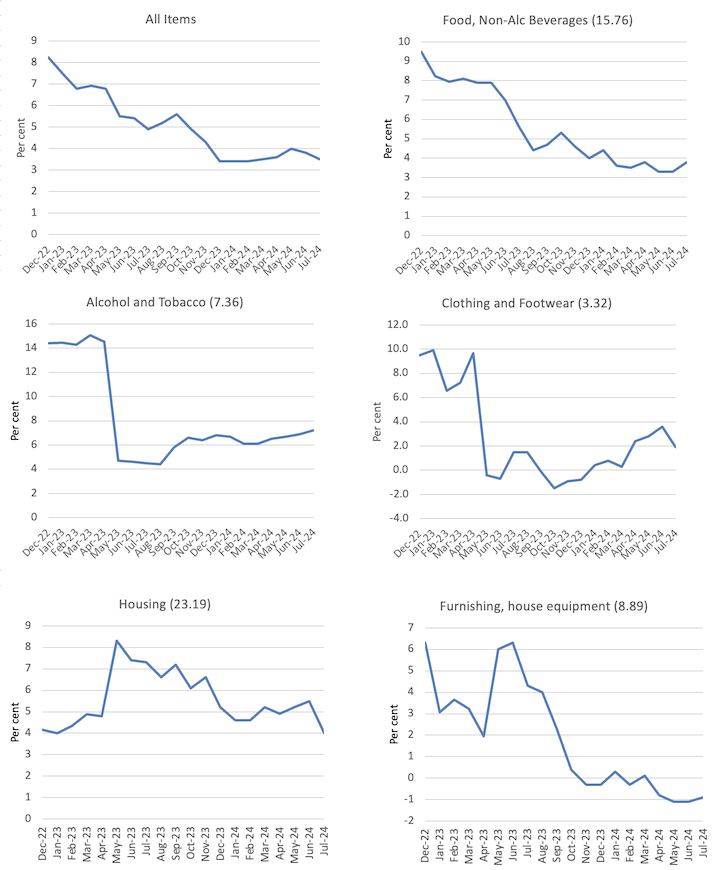
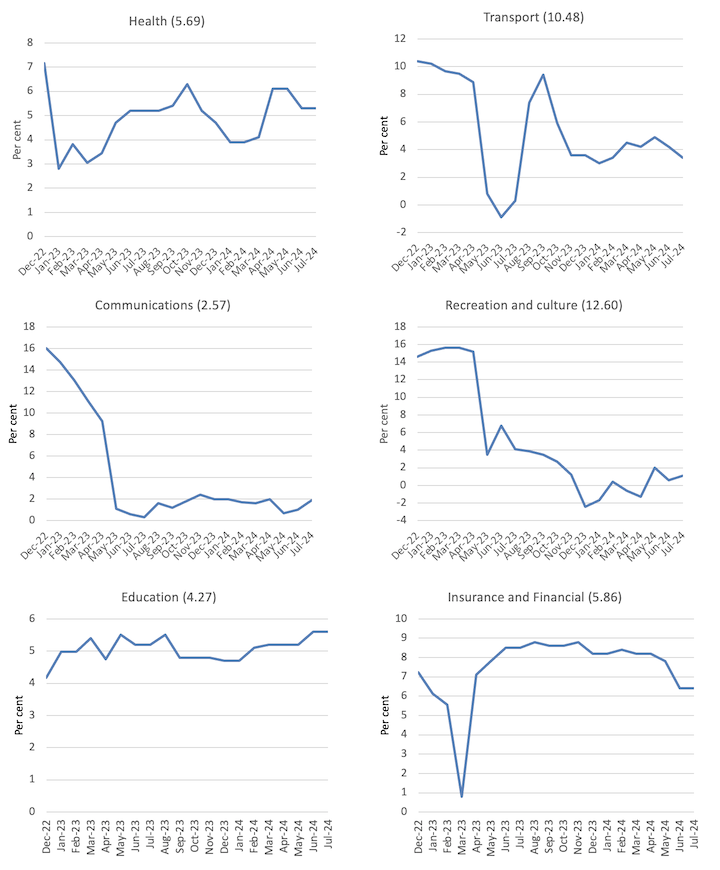
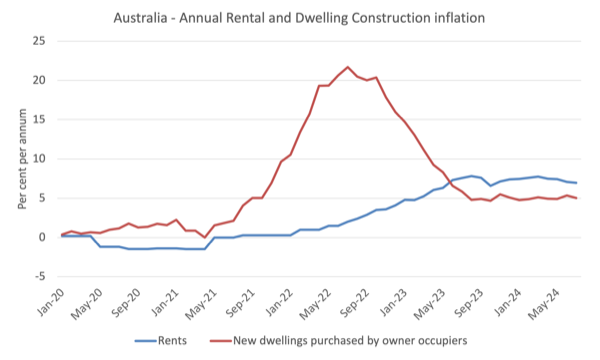
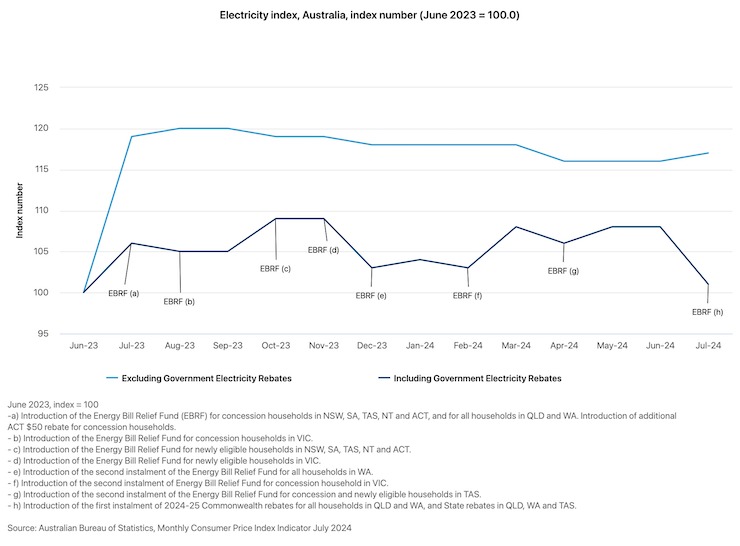
I’m not seeing any images. “The requested URL was not found on this server.”
Dear DNM (at 2024/08/28 at 5:13 pm)
Thanks for the observation. The missing graphics are now available.
best wishes
bill
Deflation has allways been good news for the 1%. Bad news for the 99%, but those cohorts are not on the government agenda, labour or no labour.